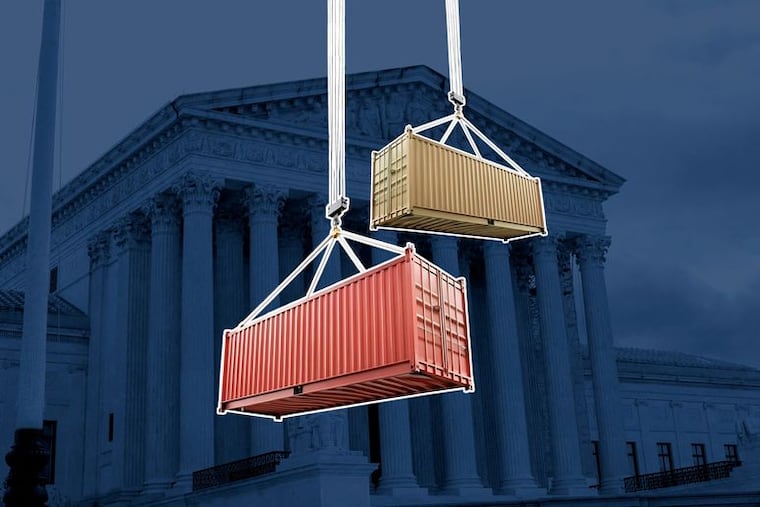Navy commander resigns; U.S. airstrike on Venezuelan boat results in survivors.
A Navy commander responsible for overseeing U.S. strikes against suspected drug trafficking vessels off the coast of Venezuela has announced his resignation. Admiral Alvin Holsey, a veteran of 37 years in military service, is set to retire by the end of this year, according to an announcement made by Secretary of War Pete Hegseth on social media platform X. Holsey’s resignation comes just months after he assumed a role expected to last three years, raising questions about the circumstances of his departure.
During his tenure, Admiral Holsey was lauded for his extensive experience, which included commanding helicopter squadrons and leading Carrier Strike Group One, as well as his role in establishing the International Maritime Security Construct. Hegseth noted Holsey’s dedication to his mission, personnel, and country in his statement. However, the reasons for Holsey’s early departure were not publicly disclosed. Sources indicate that he expressed concerns regarding U.S. military operations in Central and South America, particularly those targeting non-military vessels.
Recent strikes have drawn significant attention, particularly due to the reported loss of life. A recent attack in the Caribbean allegedly resulted in at least 27 fatalities, and indications suggest that some survivors may have emerged from the latest operation, although details regarding their identities and circumstances remain unclear. The U.S. government maintains that its actions are part of an ongoing campaign against what it describes as Venezuelan narco-terrorist organizations.
In response to the escalating military actions, Venezuela’s Ambassador to the United Nations has appealed to the U.N. Security Council, characterizing the strikes as illegal. Meanwhile, former President Trump publicly supported heightened covert operations in Venezuela, alleging that the country is exporting drugs and “mentally ill” individuals to the United States.
The evolving situation highlights the complexities of U.S. military involvement in Latin America, particularly in combating drug trafficking networks. Stakeholders on various sides of the issue continue to assert differing perspectives on the legality and efficacy of such military operations, signaling potential ramifications for U.S.-Venezuela relations in the foreseeable future.
Media News Source.







